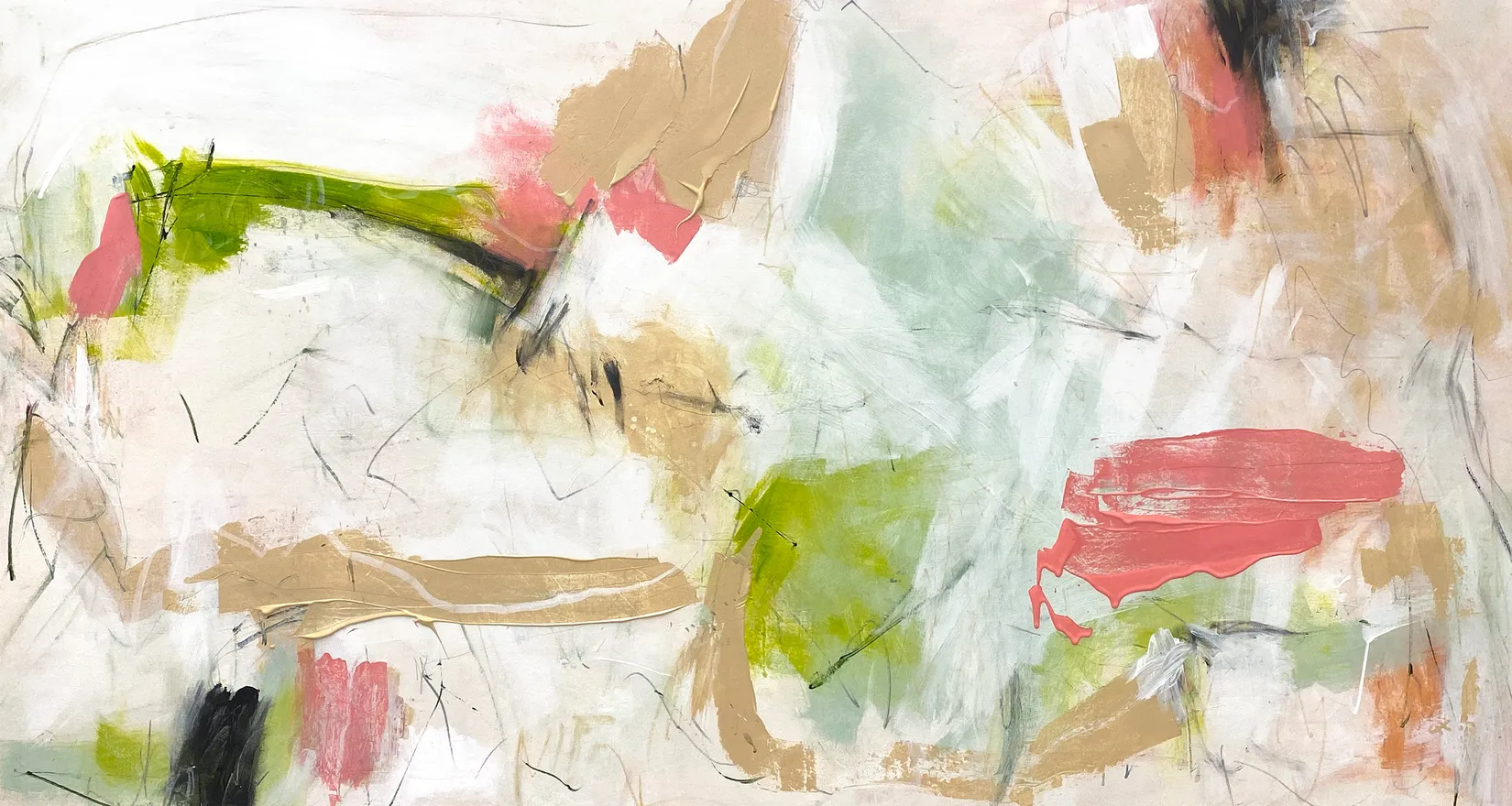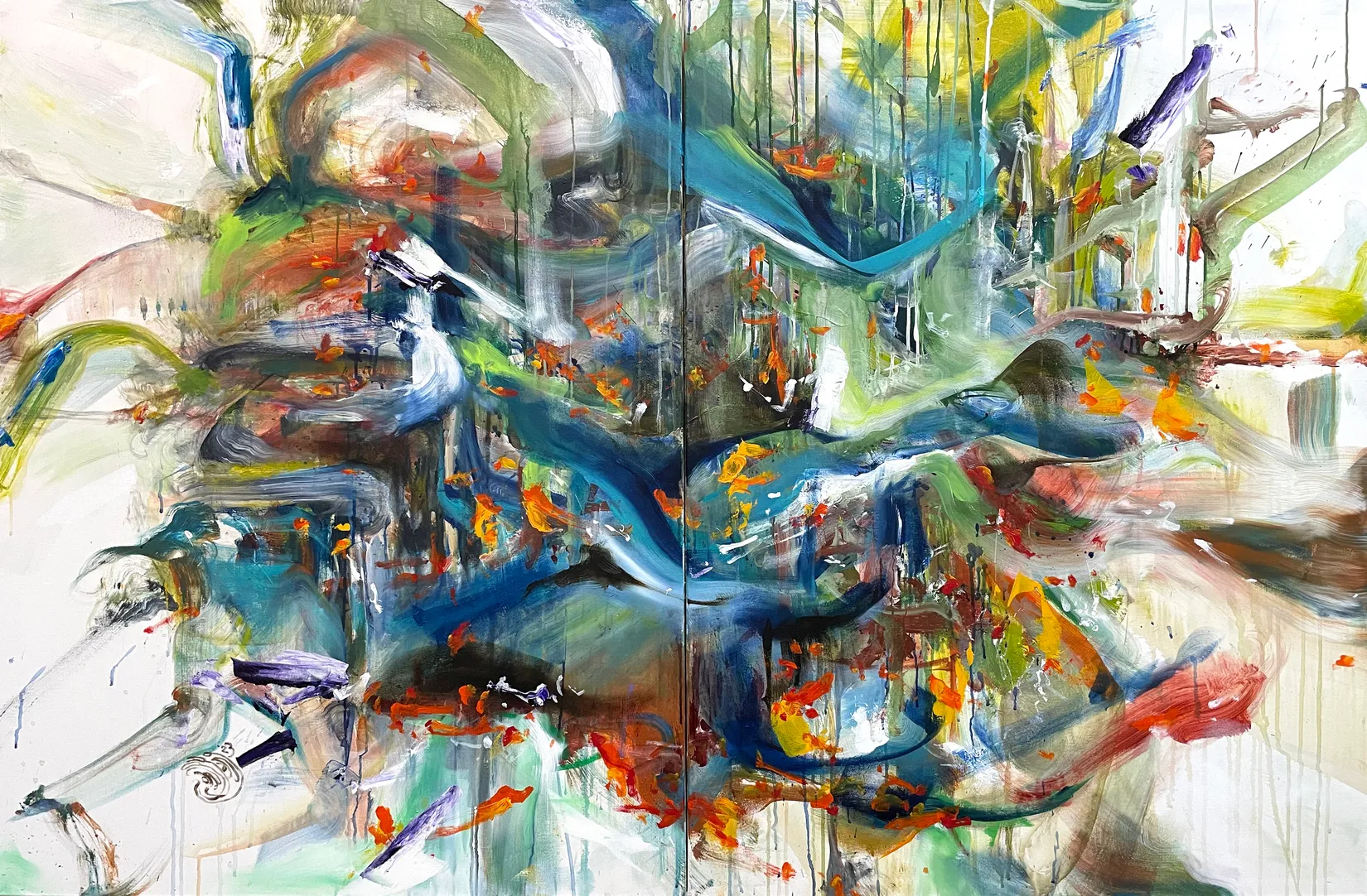Something I’ve noticed in my work, and maybe you’ve noticed it in your own life, is how often people stay in relationships not because of how the relationship is, but because of how they hope it could be.
They’re holding on for the potential.
This comes up in romantic partnerships, friendships, even family dynamics. People say things like:
“I know they can be kind... they just don't show it often.”
“We have these moments that are amazing—I just wish they happened more.”
“If they could just deal with their stuff, it would be so different.”
There’s something inherently beautiful in this. To see the best in someone, to believe in change, to stay open to growth, these are strengths. But sometimes those strengths can turn against us, especially when they start to drown out our lived experience. We begin to question our instincts, override our discomfort, and stay far longer than we should because of what might be, not what is.
Why the Idea of Potential Is So Powerful
The idea of potential is deeply tied to hope. It reflects a belief that people can grow, that relationships can evolve, and that challenges can be worked through. And sometimes, they can.
But hope is not a plan. And potential is not a promise.
I’ve seen clients get stuck in painful loops, constantly waiting for the version of the person or relationship they wish they had, while continually sidelining their own needs and feelings. Over time, this erodes trust, not just in the other person, but in themselves.
Signs You May Be Stuck in Potential
If you’re not sure whether you’re hanging on to potential, here are a few gentle prompts to explore:
- Are you often fantasizing about how things could be instead of how they actually are?
- Do you find yourself making excuses for someone’s behavior based on their intentions or capacity, rather than their consistent actions?
- Are your needs consistently unmet, but you tell yourself to just hold on a little longer?
- Do you feel like you’re the one doing most of the emotional labor, hoping that your effort will eventually “unlock” the version of the relationship you want?
If you nodded along to any of these, it doesn’t mean you’re doing something wrong. It just might mean it’s time to pause and reassess.
Moving from Potential to Clarity
Here are a few questions that can help shift your perspective gently:
- If nothing changed, could I be okay staying in this dynamic as it is?
- What would it mean to accept this person or relationship as it currently stands?
- Am I staying because of love and connection or out of fear, obligation, or investment in a future that may not come?
- Do I feel emotionally safe and respected in this relationship today not just occasionally, but consistently?
These questions aren't about forcing a decision. They’re about making space to hear yourself more clearly.
Final Thoughts
It’s not wrong to hope for growth in someone you care about. In fact, that hope might be part of what makes you so compassionate. But your hope shouldn’t require you to abandon your own emotional reality.
You’re allowed to want more. You’re allowed to trust what is showing up, instead of what you wish would.
Sometimes, letting go of potential is the first step toward reclaiming your peace, and making space for relationships that meet you with both presence and possibility.











